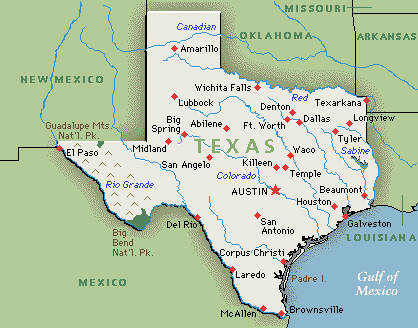The Texas Ruling and Undue Burdens
Main Article Content
Abstract
On October 29, 2013, Texas House Bill 2 (HB2) went into effect, greatly changing women’s access to an abortion in the state. This bill requires that physicians performing clinic-based abortions obtain admitting privileges at a hospital within 30 miles of the clinic. A few months later, on January 1, 2014, the Texas Health and Safety Code was amended to include the requirement that all abortion clinics must meet the standards of an ambulatory surgical centre. These requirements will result in heavy burdens for women seeking an abortion. Many clinics cannot afford the upgrade and are being forced to close down.
On August 29, 2014, a Federal District Court for the Western District of Texas ruling to overturned the two proposed requirements. The court deemed them unconstitutional violations of a woman’s right to obtain an abortion recognizing that their purpose was to create obstacles for women. The ruling was appealed and the Federal Appeals Court allowed for the new regulations, forcing all but eight clinics in Texas to close their doors.
Before the enactment of HB2, there were approximately 40 abortion clinics serving Texas’ population of about 26 million. The new regulations would force all except eight clinics to close down. The remaining clinics are located in four cities (Houston, Austin, San Antonio, and Dallas) forcing many women to travel hundreds of miles to access them. For some, it is more feasible to leave Texas to go to an abortion clinic outside the state. Even if every woman seeking an abortion was able to travel to one of the remaining clinics, the clinics could not meet the demand.
Both of these requirements, the ambulatory surgical requirement and the admitting privileges requirement, constitute an undue burden for women. But what about the physicians? These requirements also place an undue burden on physicians who want to perform abortions.
For affected physicians, it is difficult or impossible to obtain admitting privileges at a nearby hospital. Many hospitals are denying these privileges to physicians because the hospitals have no interest in participating in performing abortions and gain nothing by allowing it. If the majority of abortion clinics are forced to close down, physicians who want to perform abortions would have to relocate to one of the four cities mentioned previously, or even leave the state. Women seeking an abortion have to travel to the clinic once or twice. Physicians would have to relocate permanently.
Much of the focus of these rulings has been on women’s rights and what constitutes an undue burden for women. In addition to this, physician’s rights should also be considered. There have been several cases of doctors facing harassment and even death threats for performing abortions. Fear of such treatment has led to many doctors to decline to perform abortions. Doctors do not have an obligation to perform abortions but it is within their rights as physicians to do so. However, given this harsh treatment by anti-abortion groups, not a lot of doctors are willing. The new regulations will leave open clinics in four cities in Texas making it more difficult for those few doctors who want to perform abortions to do so. The new regulations impose undue burdens on women and doctors alike.
On Tuesday, October 14, the Supreme Court struck down the new requirements allowing thirteen clinics in Texas to reopen.

